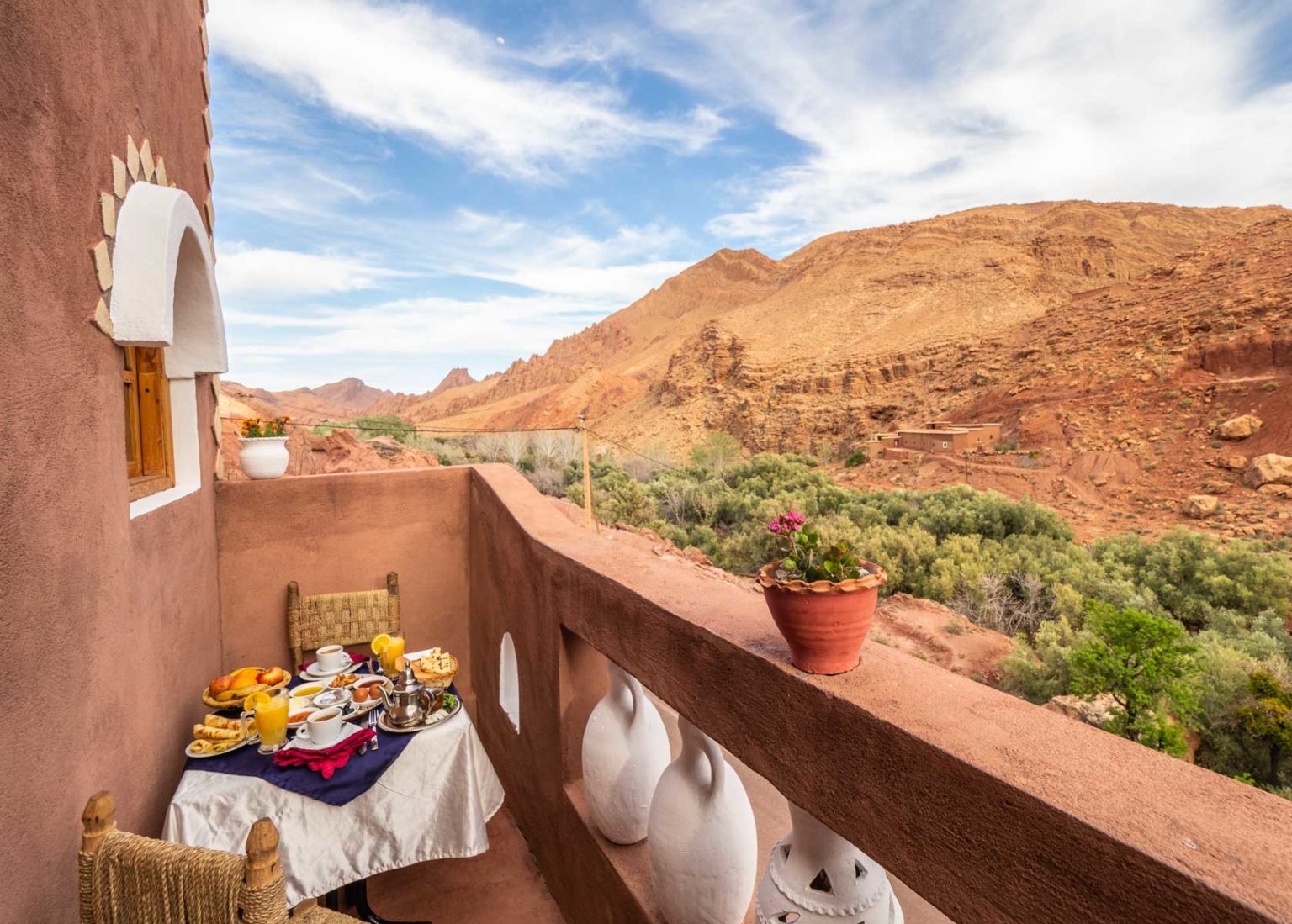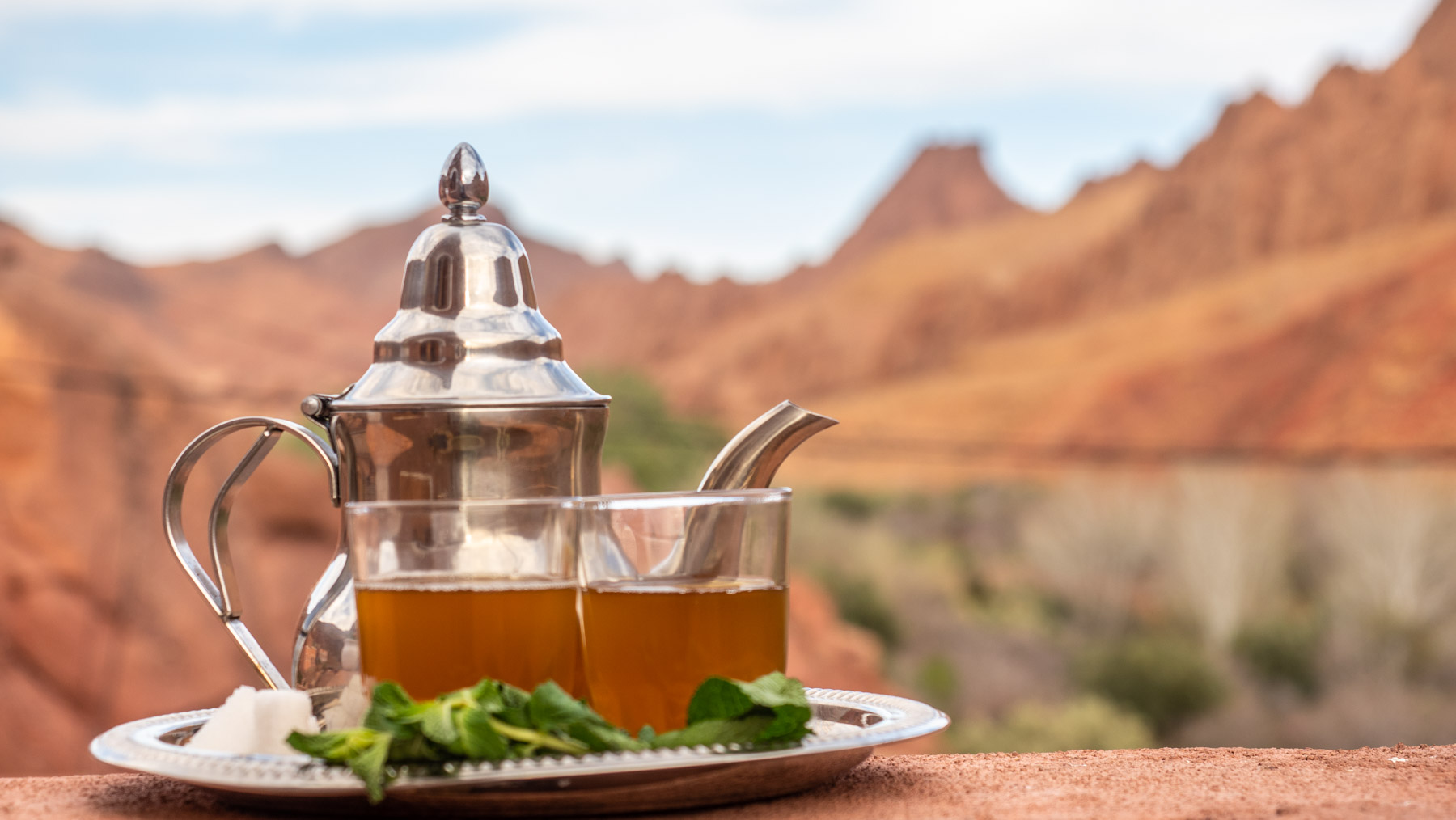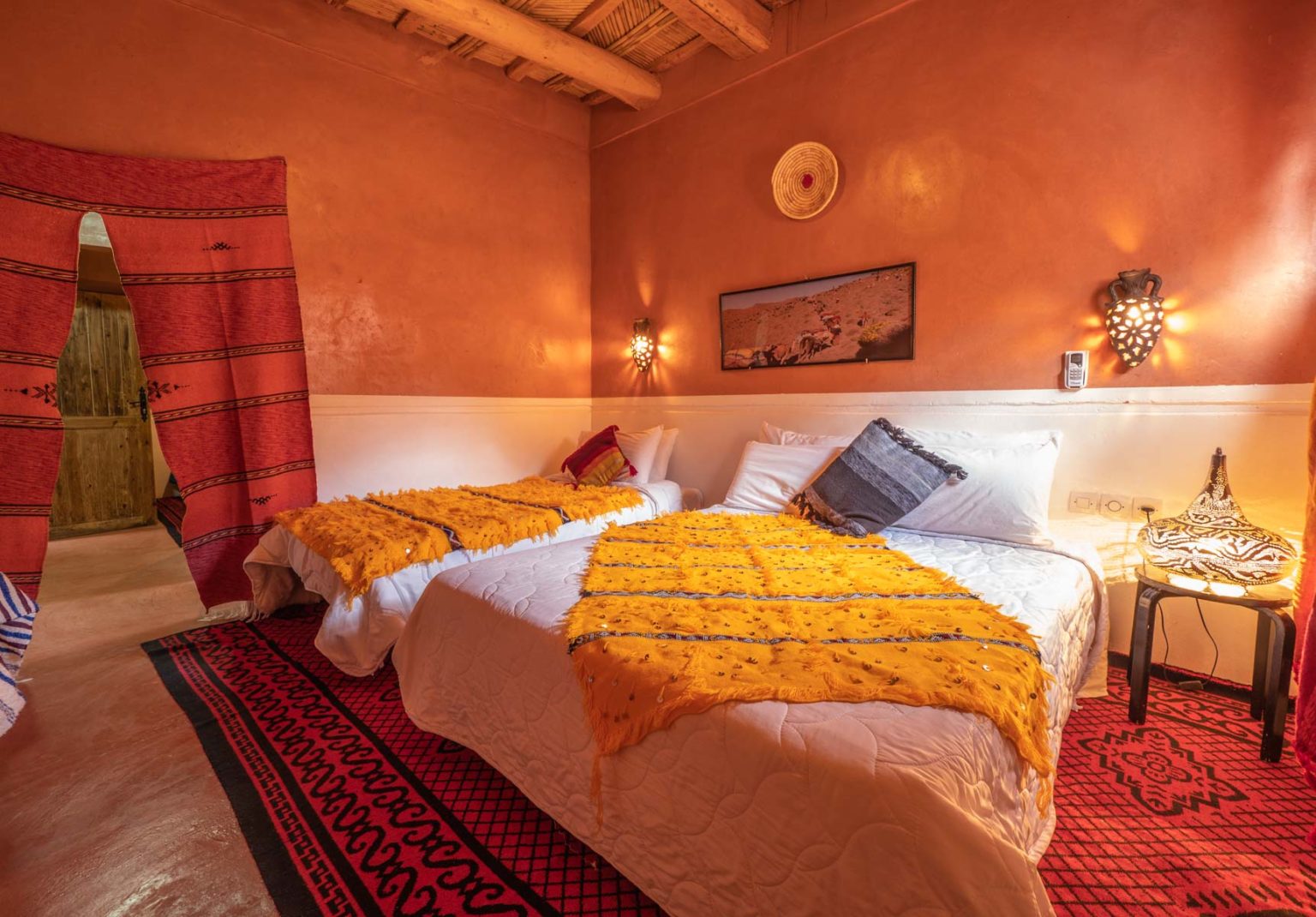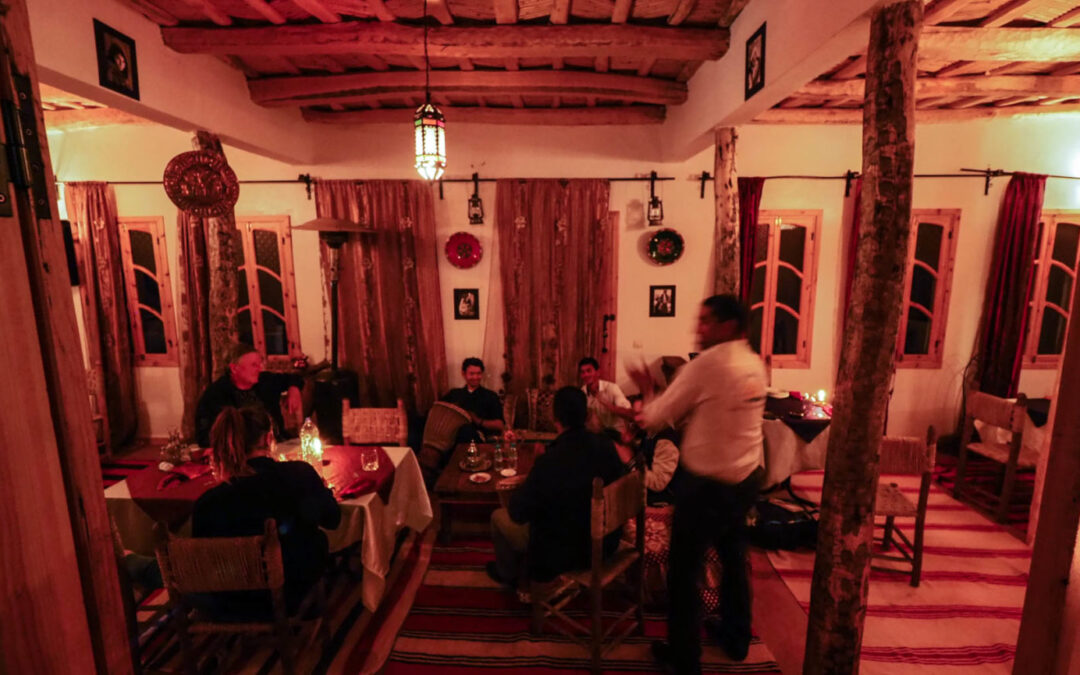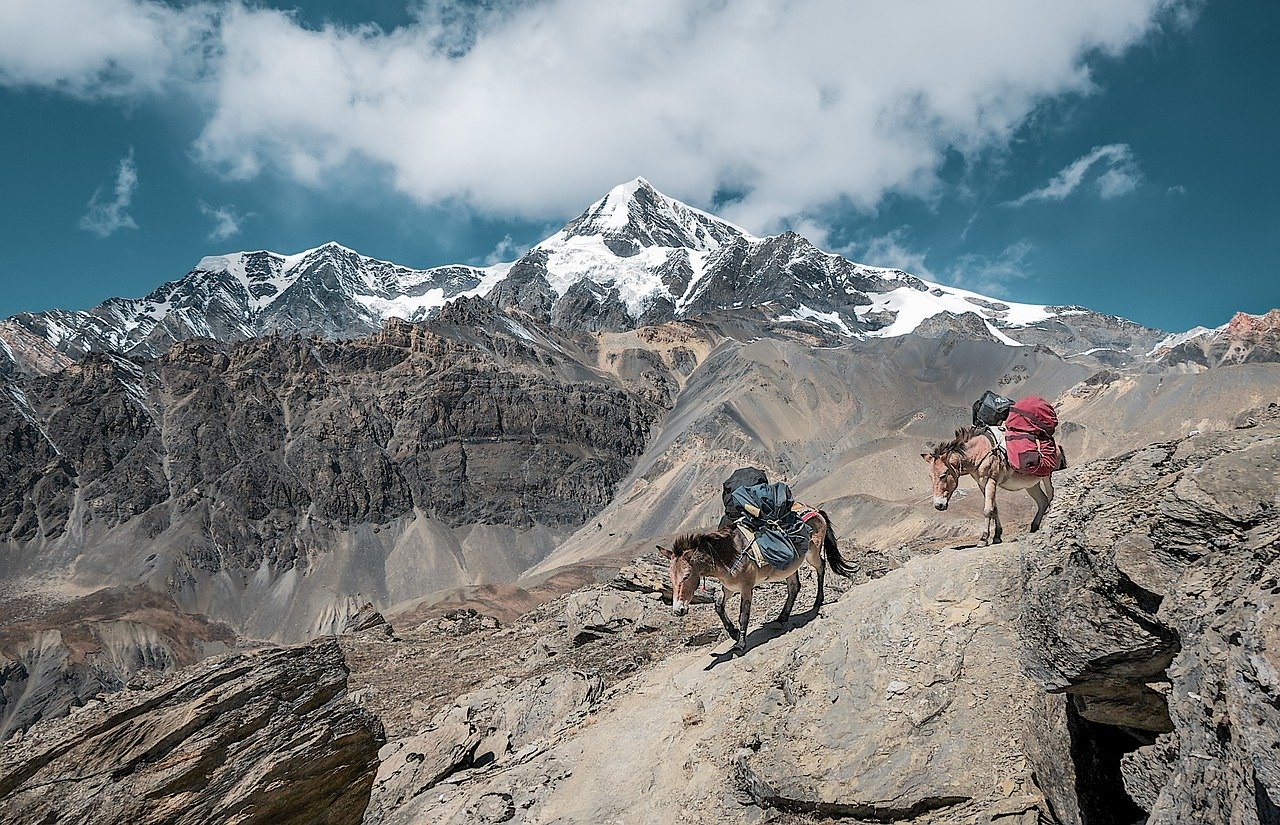
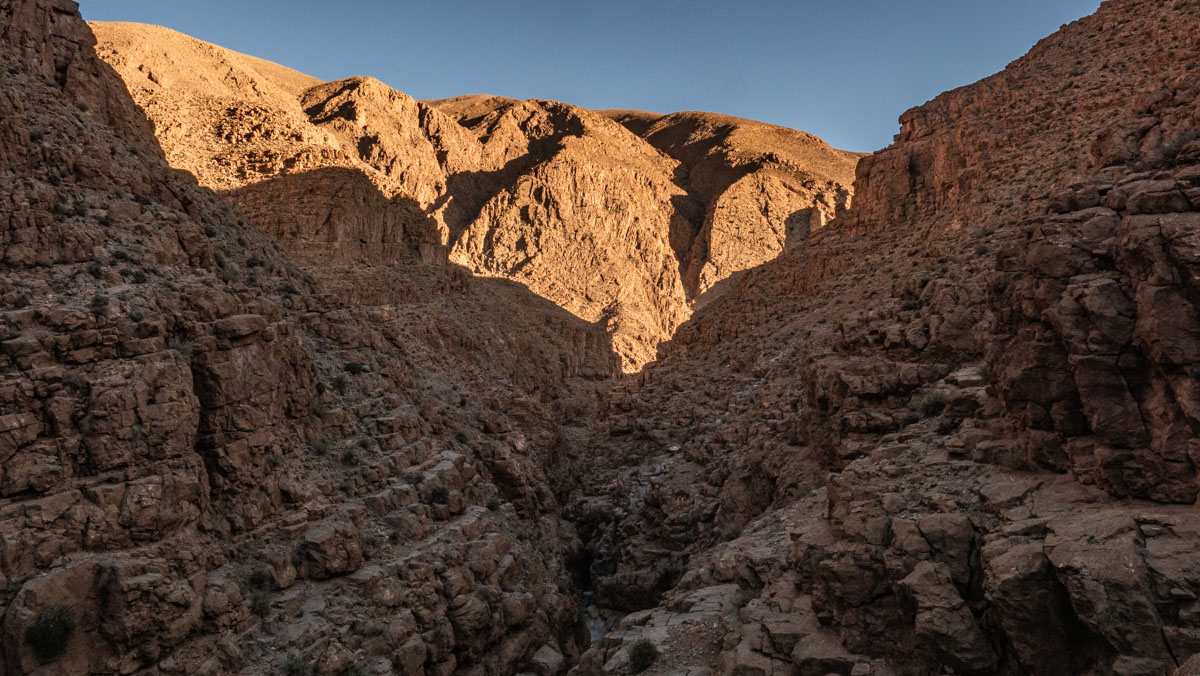
The Connection Between Berber Culture and Islamic Traditions
Introduction
When exploring the rich cultural tapestry of Morocco, one cannot help but be fascinated by the intricate connection between Berber culture and Islamic traditions. This unique blend of heritage shapes the identity of the country and its people, offering visitors a glimpse into a world where ancient customs and modern practices coexist harmoniously.
The Berber People
The Berber people, also known as the Amazigh, are the indigenous inhabitants of North Africa, including Morocco. Their vibrant culture is characterized by a deep respect for nature, strong community ties, and a rich oral tradition that has been passed down through generations. Berber villages dot the rugged landscape of the Atlas Mountains, offering a glimpse into a way of life that has remained largely unchanged for centuries.
Islamic Influence
Islam, the predominant religion in Morocco, plays a significant role in shaping the cultural landscape of the country. The Berbers embraced Islam in the early days of the religion’s expansion, blending their own customs and beliefs with the teachings of the Quran. This fusion of traditions gave rise to a unique form of Islamic practice that is deeply rooted in Berber culture.
Auberge Atlas Dades: A Cultural Haven
For travelers seeking to immerse themselves in the authentic culture of Morocco, Auberge Atlas Dades offers a gateway to the world of the Berbers and their Islamic heritage. Nestled in the breathtaking Dades Valley, this charming guesthouse provides a glimpse into traditional Berber life while offering modern comforts and amenities.
Exploring Berber Villages
One of the highlights of a visit to Auberge Atlas Dades is the opportunity to explore nearby Berber villages, where time seems to stand still. Visitors can wander through narrow alleyways, sample traditional cuisine, and interact with locals who are eager to share their customs and stories. The hospitality of the Berber people is legendary, making every guest feel like a cherished member of the community.
Islamic Traditions in Daily Life
At Auberge Atlas Dades, guests can witness the seamless integration of Islamic traditions into daily life. From the call to prayer echoing through the valley to the rituals of hospitality and generosity, Islamic values permeate every aspect of Berber culture. Visitors are invited to participate in traditional ceremonies and celebrations, gaining a deeper understanding of the spiritual significance of these practices.
Preserving Heritage
As Morocco continues to modernize and evolve, efforts are being made to preserve the rich cultural heritage of the Berber people and their Islamic traditions. Auberge Atlas Dades serves as a beacon of tradition, offering a sanctuary where ancient customs are celebrated and passed on to future generations. By supporting initiatives that promote cultural preservation, visitors can play a vital role in safeguarding Morocco’s diverse heritage.
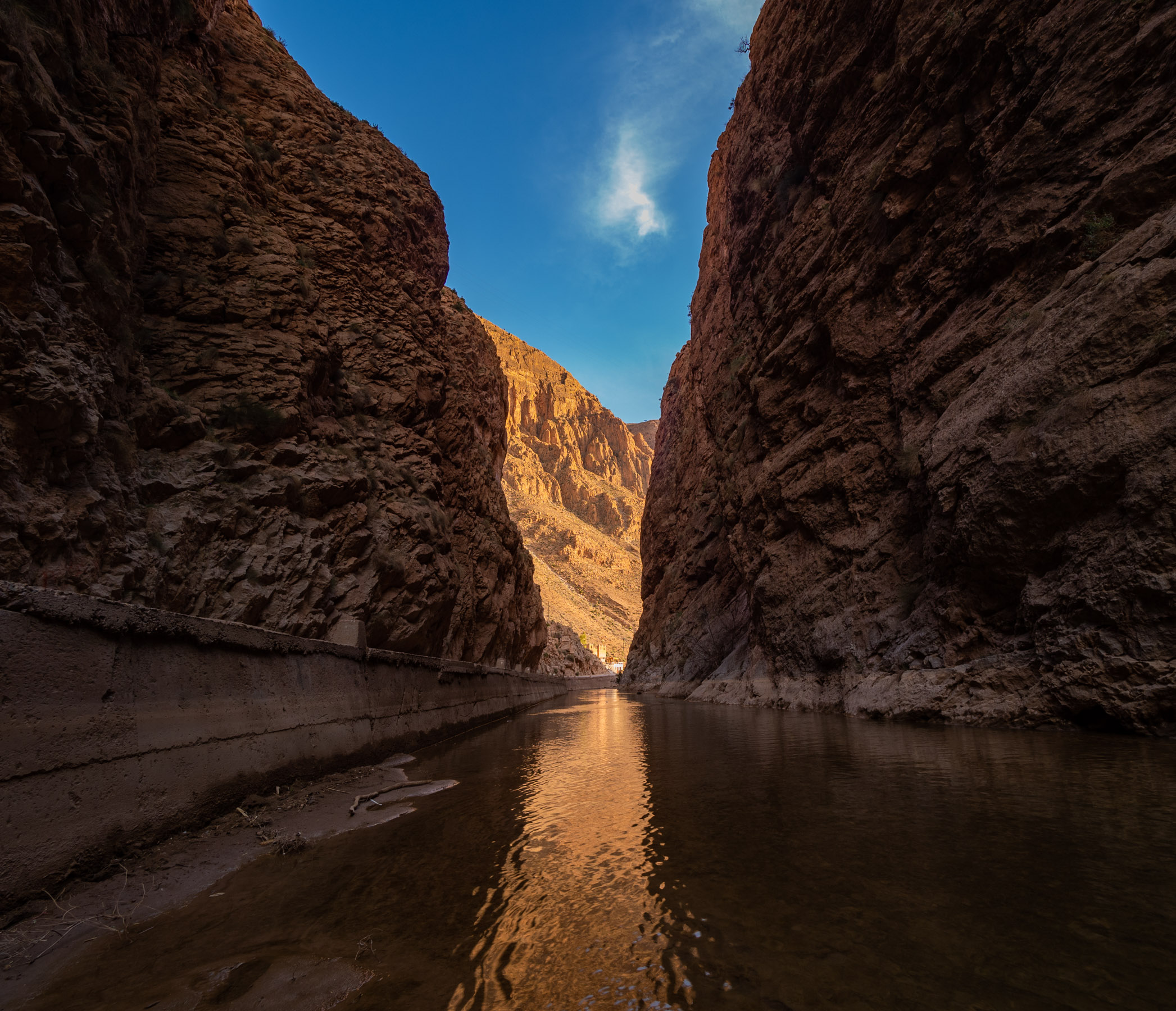
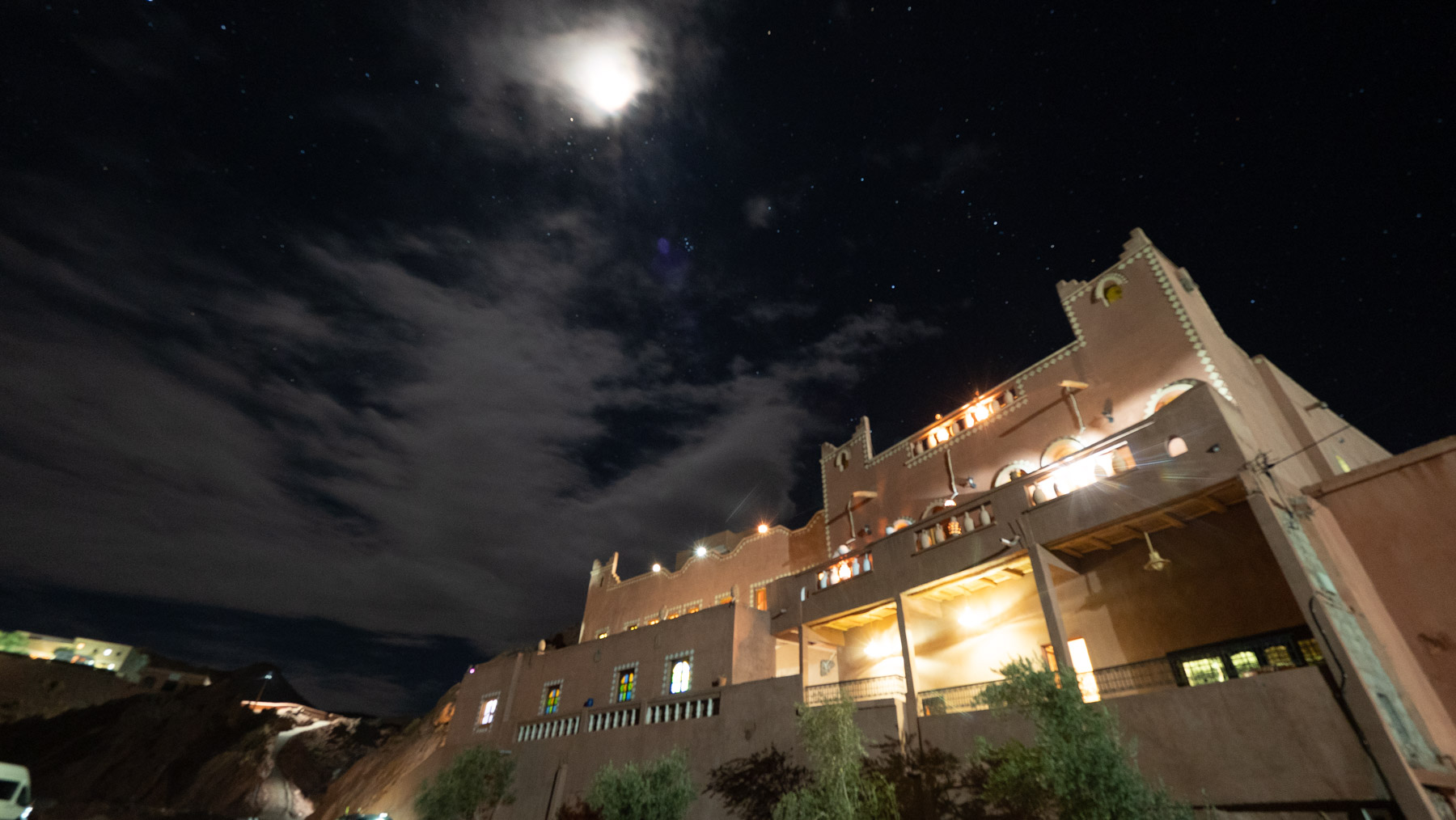
Exploring the Connection Between Berber Culture and Islamic Traditions
When traveling to Morocco, it’s essential to delve into the rich cultural tapestry that makes this North African country so unique. One fascinating aspect to explore is the deep connection between Berber culture and Islamic traditions. Understanding this relationship can provide valuable insights into the history, customs, and daily life of the Moroccan people.
Discovering the Roots of Berber Culture
The Berbers, also known as the Amazigh people, are the indigenous inhabitants of North Africa. Their culture dates back thousands of years, characterized by vibrant art, music, and language. To truly appreciate the essence of Berber culture, travelers should visit traditional villages in the Atlas Mountains or attend local festivals where ancient customs are celebrated.
Exploring Islamic Traditions in Morocco
Morocco is a predominantly Islamic country, and its religious traditions play a significant role in shaping society. Visitors can witness the beauty of Islamic architecture in mosques, madrasas, and palaces throughout the country. It’s important to respect local customs, such as dressing modestly when visiting religious sites and observing prayer times.
Connecting the Dots
The intersection of Berber culture and Islamic traditions in Morocco is where the country’s unique identity truly shines. By exploring both aspects, travelers can gain a deeper understanding of the cultural mosaic that defines modern-day Morocco. Engaging with locals, participating in traditional activities, and sampling authentic cuisine are all ways to bridge the gap between these two rich cultural influences.
Tips for Navigating Cultural Differences
For travelers seeking to immerse themselves in the connection between Berber culture and Islamic traditions, here are some valuable tips:
- Respect Local Customs: Be mindful of cultural norms and traditions, such as greeting people with “Salaam Alaikum” and removing your shoes before entering a home.
- Learn Basic Phrases: Knowing a few words in Berber or Arabic can go a long way in fostering connections with locals and showing respect for their language.
- Join Cultural Experiences: Participate in guided tours, workshops, or homestays that offer insights into Berber traditions and Islamic practices.
- Ask Questions: Don’t hesitate to engage with locals and ask about their customs, beliefs, and way of life. Most Moroccans are happy to share their culture with curious visitors.
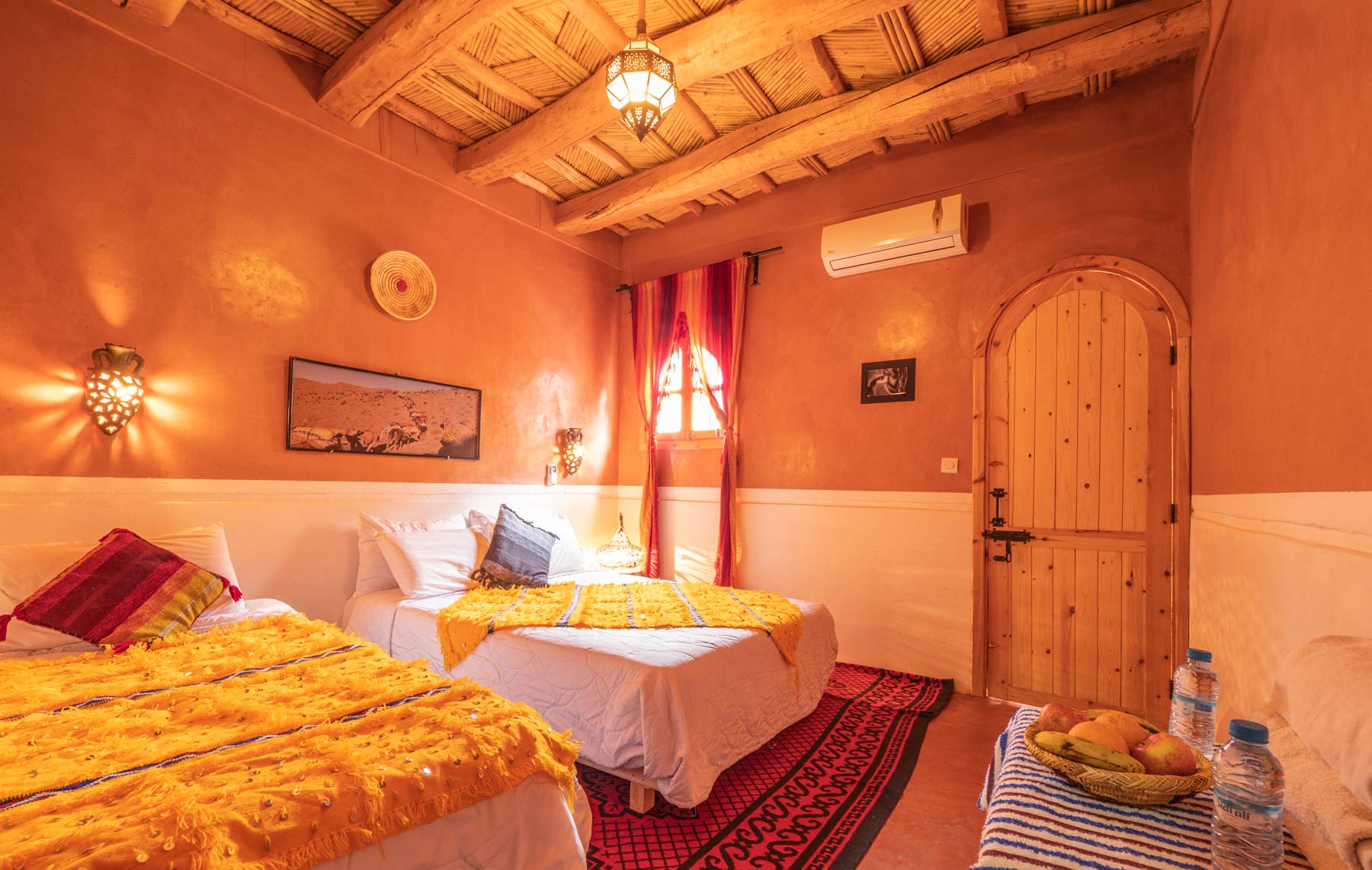
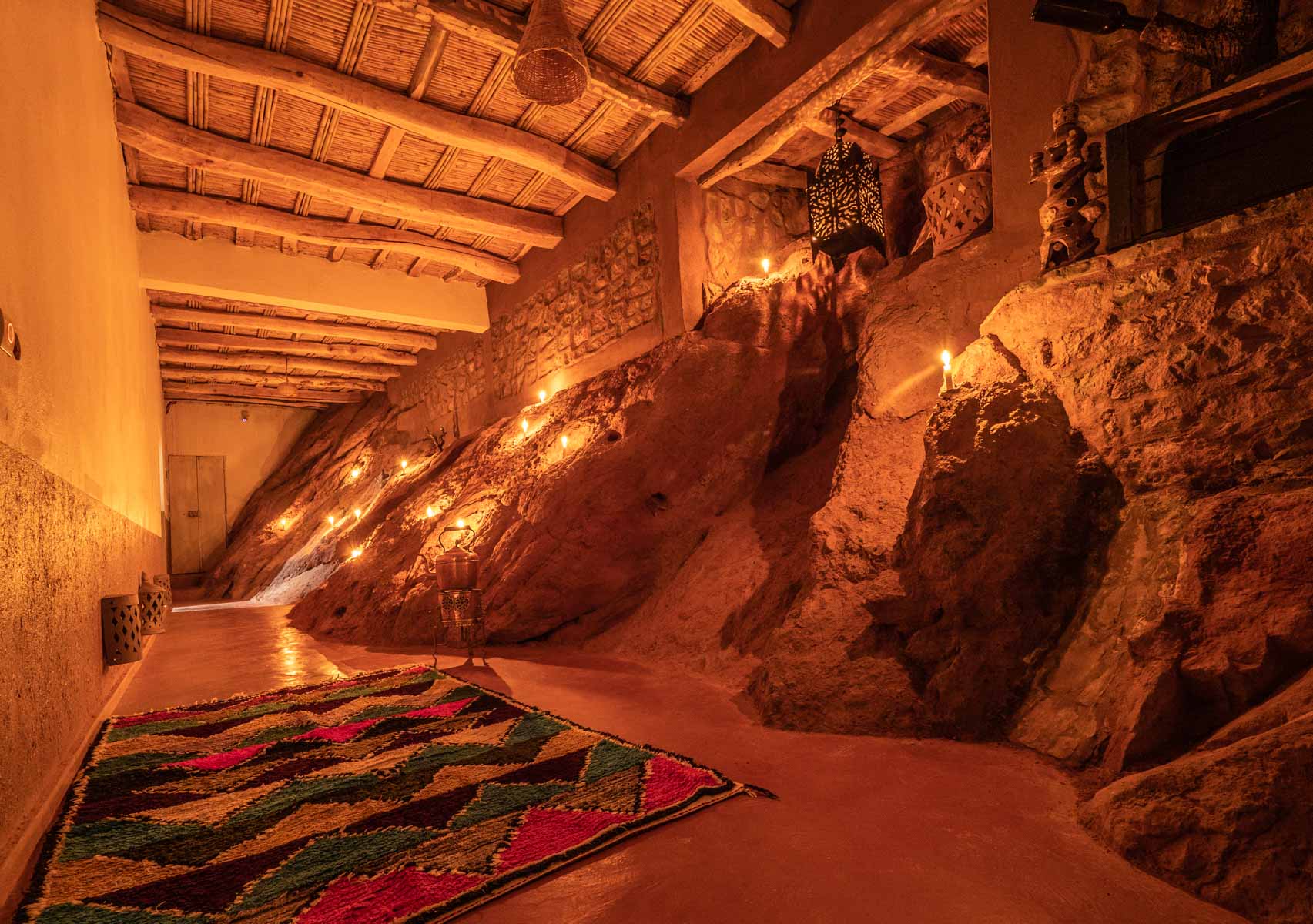
The Connection Between Berber Culture and Islamic Traditions in Morocco
When exploring the vibrant and diverse culture of Morocco, one cannot ignore the fascinating connection between Berber culture and Islamic traditions. This North African country is a melting pot of history, traditions, and customs that have been shaped by various influences over the centuries.
Discovering the Berber Culture
The Berbers, also known as Amazigh, are the indigenous people of North Africa, including Morocco. They have a rich cultural heritage that dates back thousands of years. The Berber culture is characterized by its unique language, art, music, and way of life. When traveling through the Atlas Mountains or the Sahara Desert, you can still encounter Berber communities that maintain their traditional lifestyle.
Traditional Berber villages are known for their distinctive architecture, with houses made of mud bricks and decorated with colorful geometric patterns. The Berbers are also skilled artisans, producing intricate carpets, pottery, and jewelry that reflect their cultural identity.
Islamic Influence in Morocco
Islam plays a significant role in Moroccan society, shaping its customs, laws, and architecture. The country is known for its beautiful mosques, such as the iconic Hassan II Mosque in Casablanca, which showcases stunning Islamic architecture and design.
Islamic traditions are deeply ingrained in Moroccan culture, influencing daily life, celebrations, and rituals. From the call to prayer echoing through the medinas to the elaborate feasts during Ramadan, Islam is a central part of the Moroccan identity.
The Synthesis of Berber and Islamic Cultures
What makes Morocco truly unique is the harmonious blending of Berber and Islamic traditions. This fusion can be seen in various aspects of Moroccan life, from cuisine to art to religious practices.
Moroccan cuisine is a perfect example of this cultural fusion, with dishes that combine Berber ingredients and flavors with Islamic culinary traditions. Tagine, a popular Moroccan stew, often features Berber spices like cumin and coriander alongside Islamic staples like dates and almonds.
Art and music in Morocco also reflect this synthesis, with Berber motifs and instruments coexisting with Islamic calligraphy and melodies. The intricate zellij tilework found in Moroccan architecture is another testament to the blending of these two cultures.
Overall, the connection between Berber culture and Islamic traditions in Morocco is a testament to the country’s rich and diverse heritage. By exploring this unique synthesis, travelers can gain a deeper understanding of Morocco’s past and present, making their journey through this enchanting land even more rewarding.

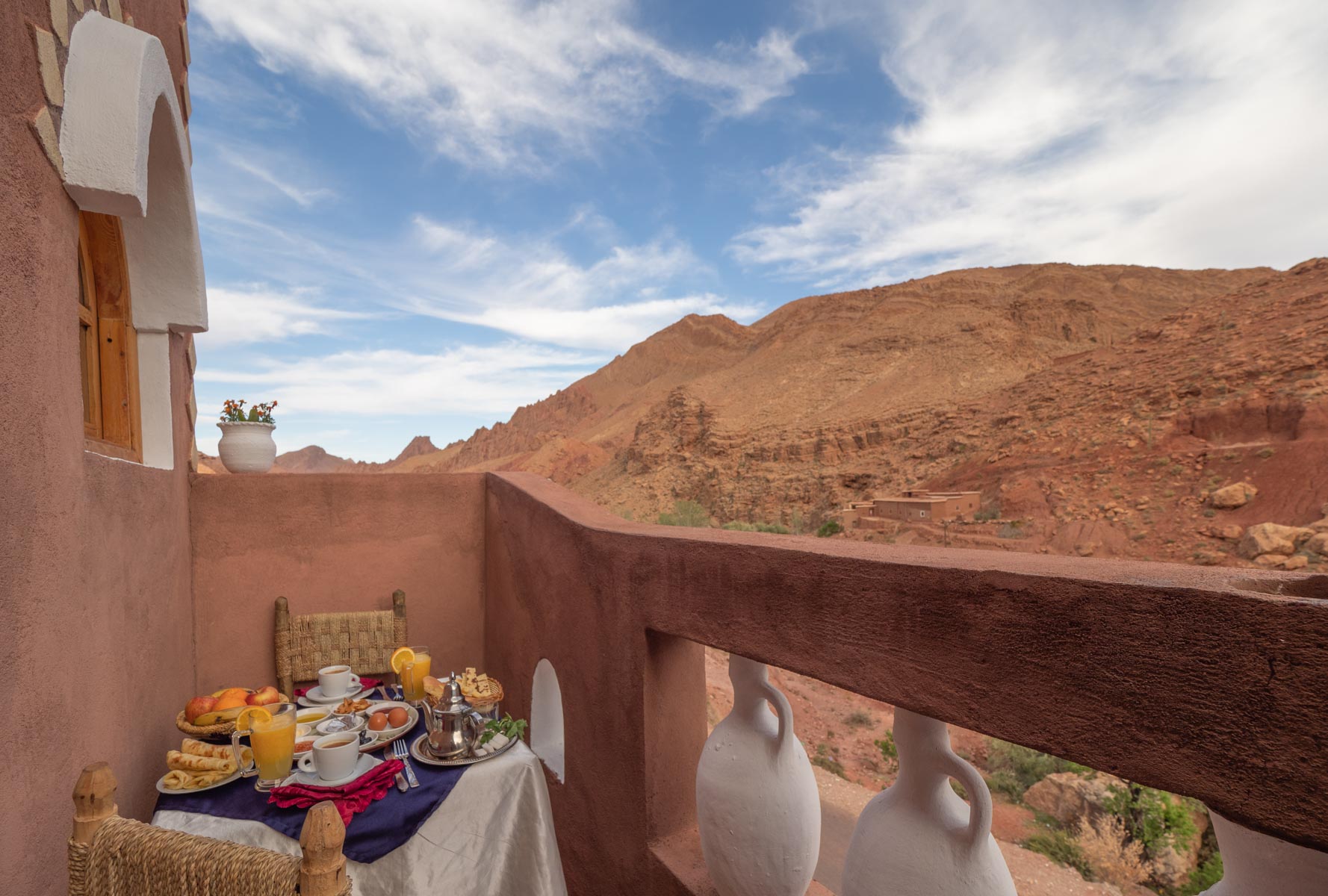
When planning a trip to Morocco to explore the fascinating connection between Berber culture and Islamic traditions, there are several recommendations to keep in mind. By following these tips, travelers can make the most of their experience and gain a deeper understanding of the rich heritage of the region.
Before the Trip:
Prior to embarking on the journey, it is important to do some research about the Berber culture and Islamic traditions to have a basic understanding of the customs and practices. It is also recommended to learn a few basic phrases in Arabic or Berber to communicate with the locals and show respect for their language.
During the Trip:
While in Morocco, visitors should take the time to visit traditional Berber villages to witness the unique way of life of these indigenous people. Exploring historic mosques and learning about Islamic architecture can provide insights into the religious practices of the region.
After the Trip:
After returning from Morocco, travelers can further deepen their knowledge by reading books or watching documentaries about Berber culture and Islamic traditions. Reflecting on their experiences and sharing stories with others can also help in preserving the memories of the trip.
Accommodation Recommendation: Auberge Atlas Dades
For those looking for an authentic and comfortable stay in Morocco, Auberge Atlas Dades is highly recommended. Situated in the breathtaking Dades Valley, this charming guesthouse offers a unique opportunity to immerse oneself in the Berber culture while enjoying modern amenities.
The warm hospitality of the staff, delicious traditional meals, and stunning views of the Atlas Mountains make Auberge Atlas Dades the perfect choice for travelers seeking a memorable experience in Morocco. Whether relaxing in the cozy rooms or exploring the surrounding landscapes, guests are sure to feel welcomed and enchanted by the beauty of the region.
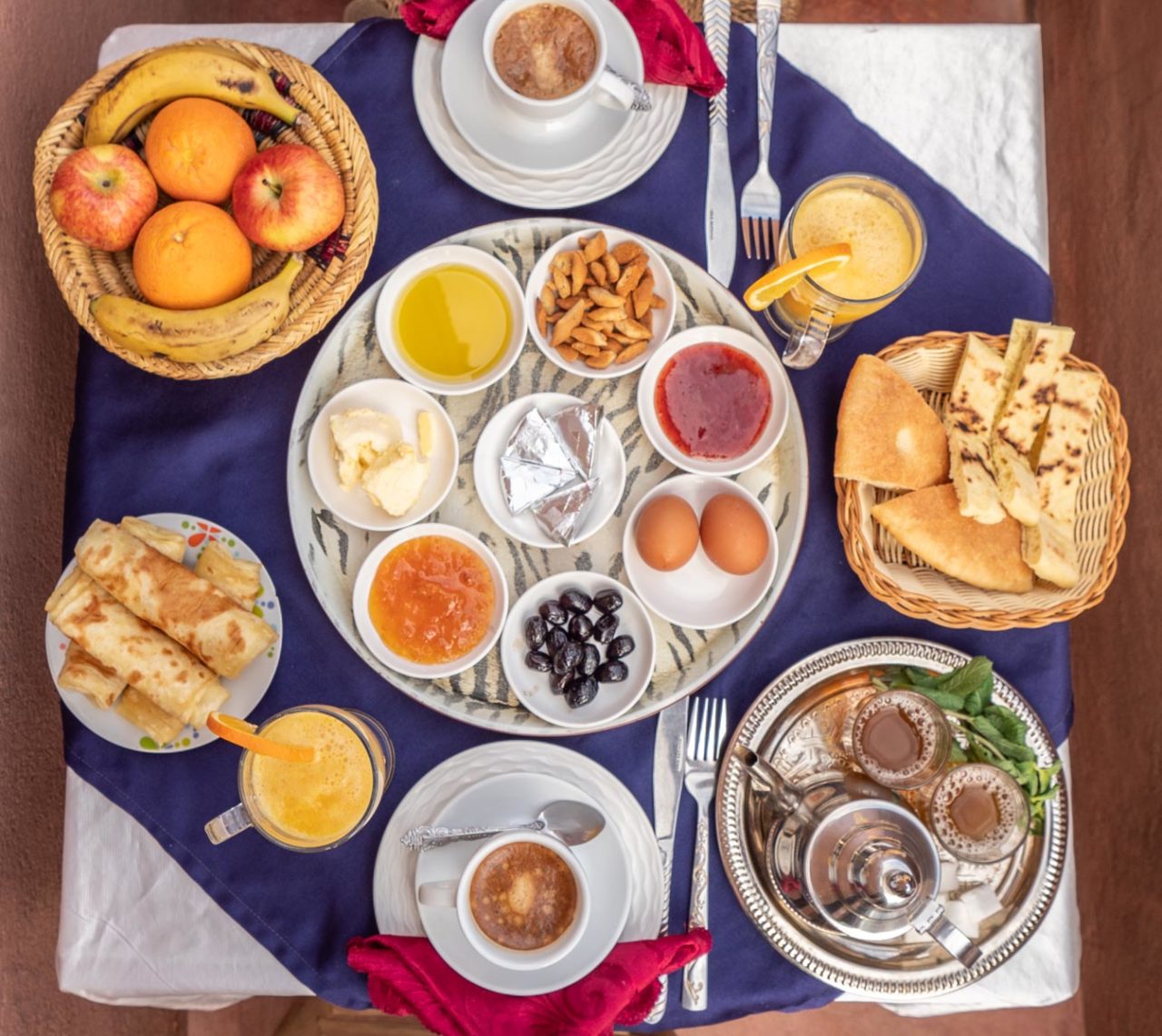


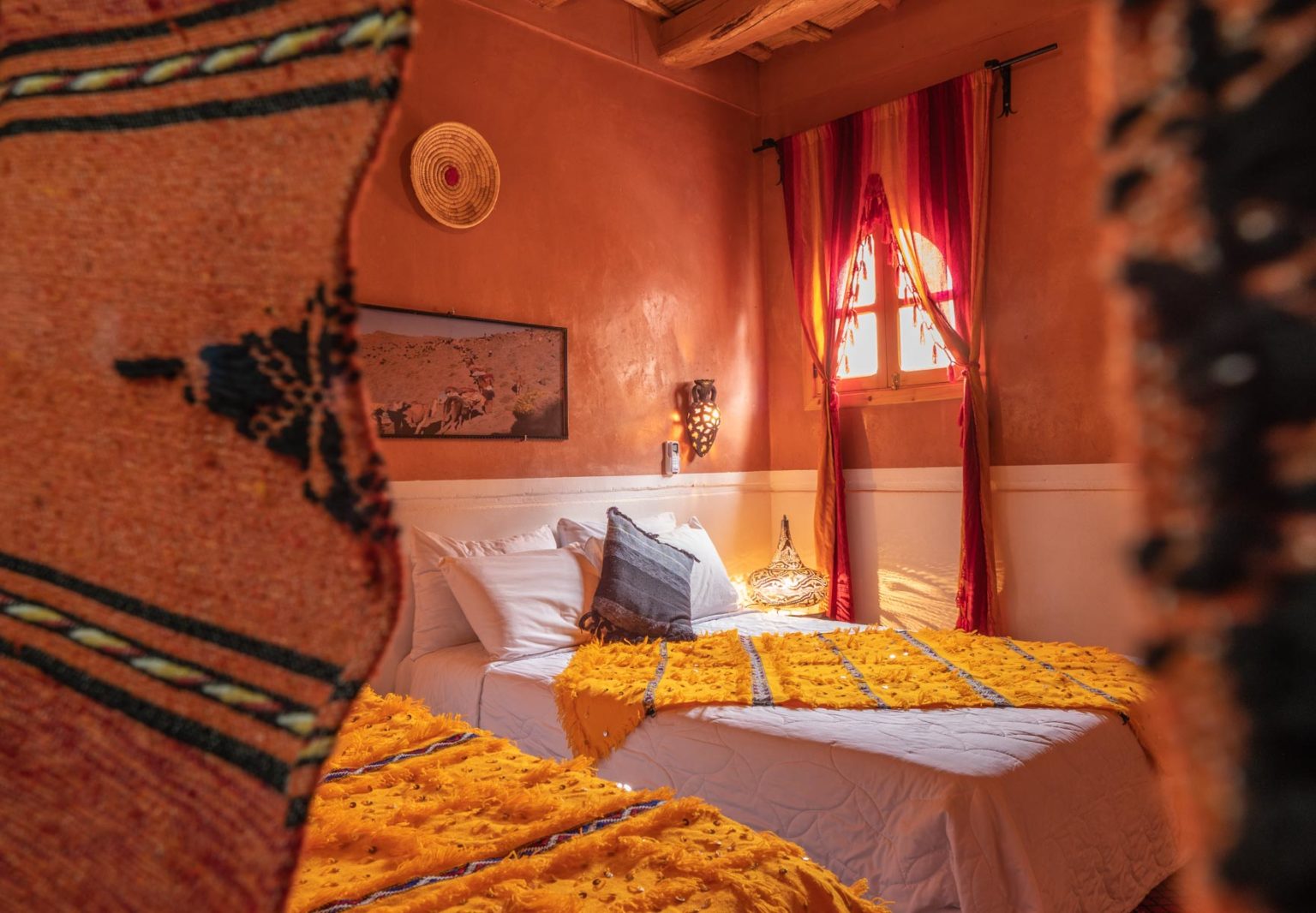
Frequently Asked Questions
1. What is the significance of Berber culture in Morocco?
Berber culture holds significant importance in Morocco as it represents the indigenous population with a rich history and unique traditions.
2. How do Berber traditions influence Islamic practices in Morocco?
The interplay between Berber traditions and Islamic practices in Morocco is fascinating, as it showcases the blending of different cultural elements over time.
3. Are there specific festivals that highlight the connection between Berber culture and Islamic traditions?
Yes, festivals such as the Amazigh New Year and Eid al-Adha demonstrate the harmonious coexistence of Berber and Islamic celebrations in Morocco.
4. What role do Berber languages play in Moroccan society?
Berber languages are an integral part of Moroccan society, reflecting the linguistic diversity that enriches the country’s cultural landscape.
5. How can travelers experience the fusion of Berber culture and Islamic traditions in Morocco?
Travelers can immerse themselves in the local culture through homestays, cultural tours, and visits to historical sites that showcase the interconnectedness of Berber and Islamic influences.
6. Are there specific regions in Morocco known for preserving Berber culture?
Regions like the Atlas Mountains and the Sahara Desert are renowned for their preservation of Berber traditions, offering visitors a glimpse into the authentic lifestyle of the Berber people.
7. How have Berber architectural styles influenced Islamic architecture in Morocco?
Berber architectural styles, characterized by earthy tones and geometric patterns, have left a lasting impact on Islamic architecture in Morocco, creating a unique blend of design elements.
8. What traditional crafts are associated with both Berber culture and Islamic traditions in Morocco?
Artisanal crafts such as carpet weaving, pottery, and metalwork showcase the artistic prowess of Berber and Islamic artisans, reflecting their shared cultural heritage.
9. How do Berber tribes contribute to the cultural diversity of Morocco?
Berber tribes play a vital role in preserving cultural traditions and customs that add to the multifaceted identity of Morocco, making the country a melting pot of cultural influences.
10. What resources are available for those interested in learning more about Berber culture and Islamic traditions in Morocco?
Books, documentaries, and cultural institutions provide valuable insights into the rich history and heritage of Berber culture and Islamic traditions in Morocco, offering a deeper understanding of these interconnected elements.
